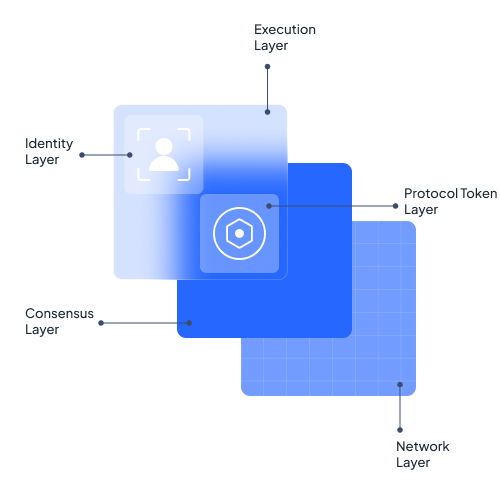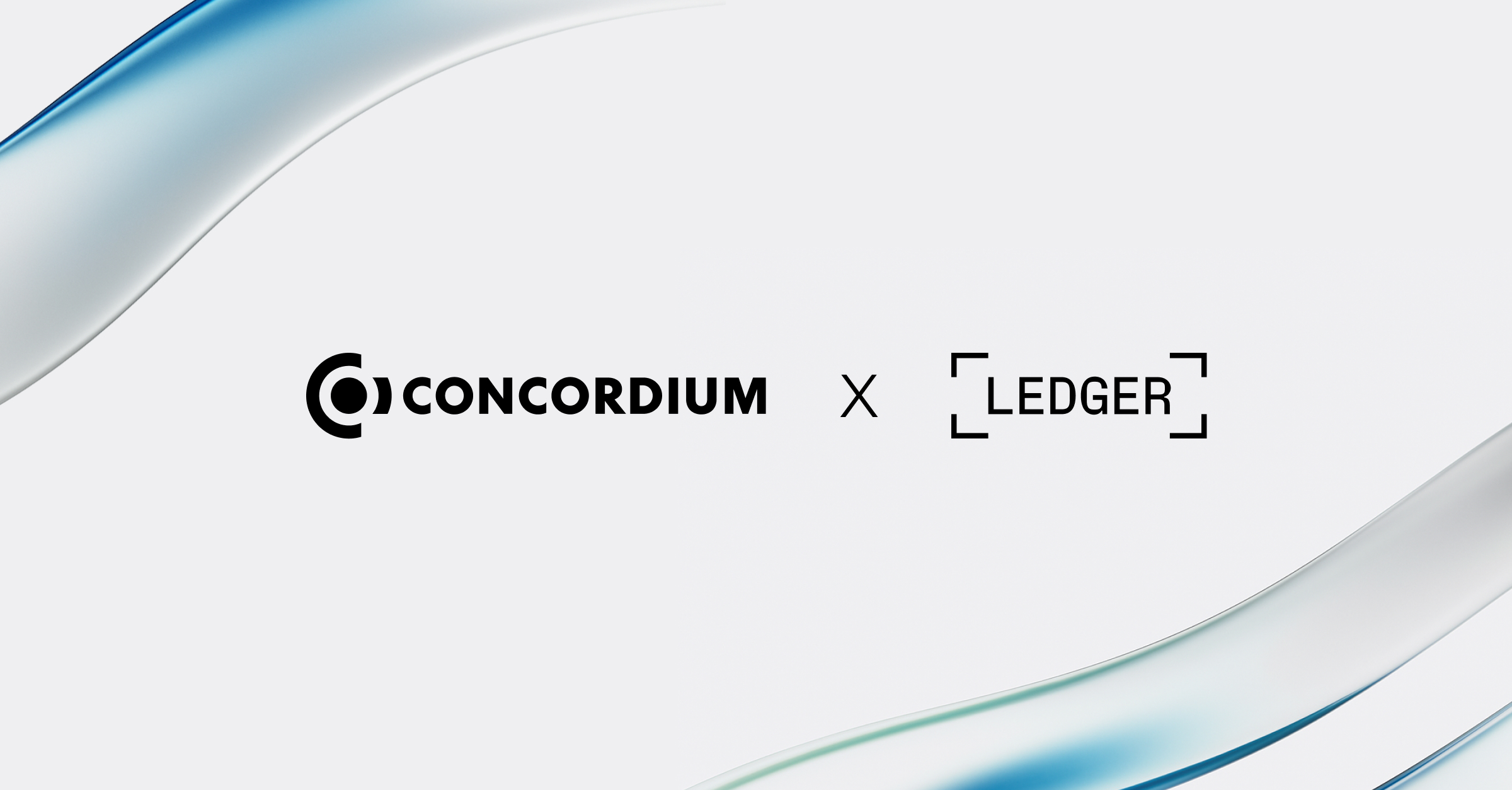Protocol-Level Tokens: The Backbone of Smart Money
Programmable, secure and chain-native: redefine how finance and blockchain intersect.

The Limits of Smart Contracts
The promise of seamless, automated finance has been undermined by the systemic flaws of smart contracts: security holes, costly exploits, skyrocketing gas fees, and zero compliance safeguards. For finance to scale on-chain, programmable money must be trustworthy, secure, cost-efficient, and ready for demands of the real-world economy.

Concordium PLTs: The Smarter Tokens
While smart contract-based tokens such as ERC-20 and SPL are flexible and customizable, they are also costly, prone to hacks and inconsistent across projects. Protocol Level-Tokens are built directly into the Concordium protocol, eliminating the risks and inefficiencies of tokens held in a vulnerable honey pot.
Efficient & Cost Effective
Enhanced Security
Compliance-Ready
PLT Lifecycle

Vetting Process
Core Features
Issuer Control
Where Smart Money Meets Real-World Trust
Stablecoins & TMMFs
PLTs are a compelling foundation for regulated stablecoins and tokenized assets, including money market funds, with built-in auditability and compliance-readiness.
Verify & Pay
Concordium’s zero-knowledge identity capabilities enable seamless age or jurisdiction verification in payment flows with no extra UX complexity.
PayFi Applications
From programmable payment rails and mechanisms to control fund issuance and settlements, PLTs underpin a new breed of secure financial tools.
Roadmap & Future Innovation
Concordium continues to expand PLT capabilities
with upcoming enhancements
Modular &
Custom
Enhanced Compliance Infrastructure
Interoperability & SDK Support
Frequently Asked Questions
Protocol-Level Tokens (PLTs) in a nutshell.
How are PLTs different from ERC-20 or other smart contract tokens?

Unlike ERC-20 and similar standards that rely on smart contract logic, PLTs are embedded at the protocol layer. This reduces vulnerabilities, gas fees, and ensures standardized functionality across all tokens.
What is the vetting process for PLTs?

Token issuers send off-chain requests to the Concordium Foundation outlining the monetary script (i.e. allowlist/denylist parameters, mint and burn functionality). Upon approval a governance transaction is then submitted to the chain to initiate the new PLT with the parameters provided. See PLT documentation for further details.
What wallet providers support PLTs?

To transact with PLTs, a Concordium wallet is necessary. To choose the right one for your needs, read the following guide: Concordium wallets.
Is ID verification mandatory for all PLT holders?

Yes. As Concordium integrates ID verification into the protocol itself, every wallet holding PLTs is tied to an identity. However, no personal information is stored on-chain. And once verified, users can transact and interact with various applications anonymously. Zero-knowledge proof technology allows proof of identity without revealing personal information. Learn more.
Why are PLTs important for regulated finance and PayFi?

PLTs support built-in compliance features such as allowlists, denylists, and identity verification through the Concordium identity layer. This makes them ideal for stablecoins, tokenized funds, and other financial products or payment platforms that need to meet regulatory requirements.
What can issuers do with PLTs?

Issuers can mint new tokens, burn tokens and manage compliance lists as well as control supply directly at the protocol level.
Latest News
The latest news, tech updates, and resources.



.jpg)
